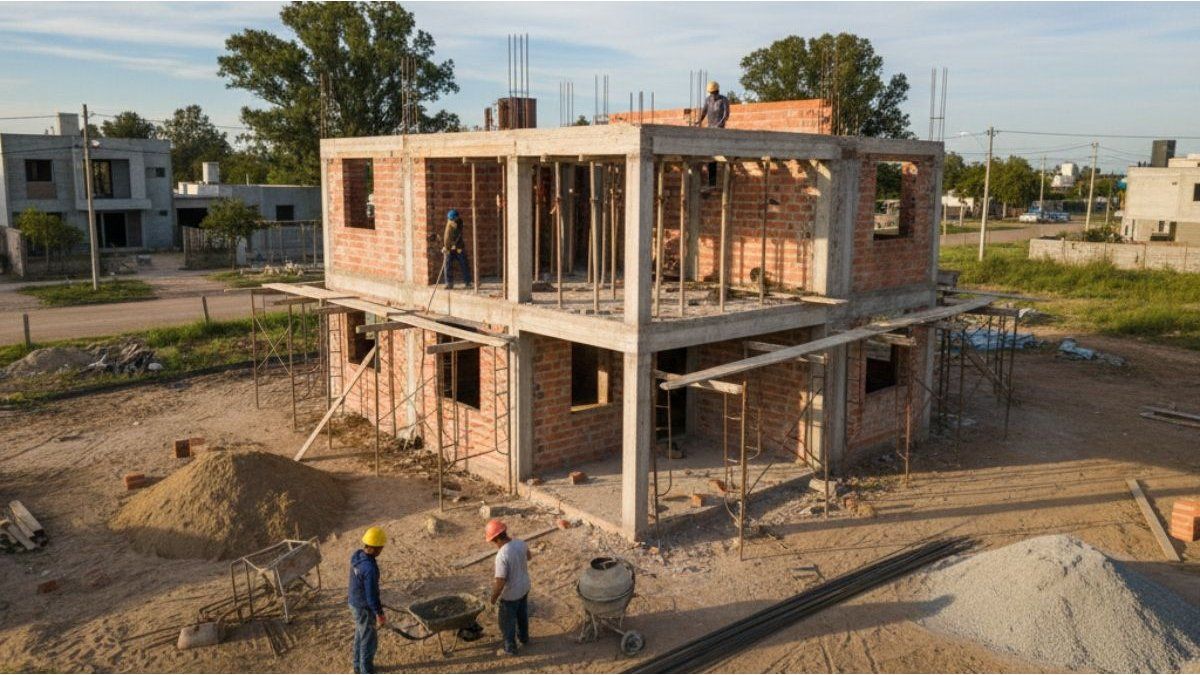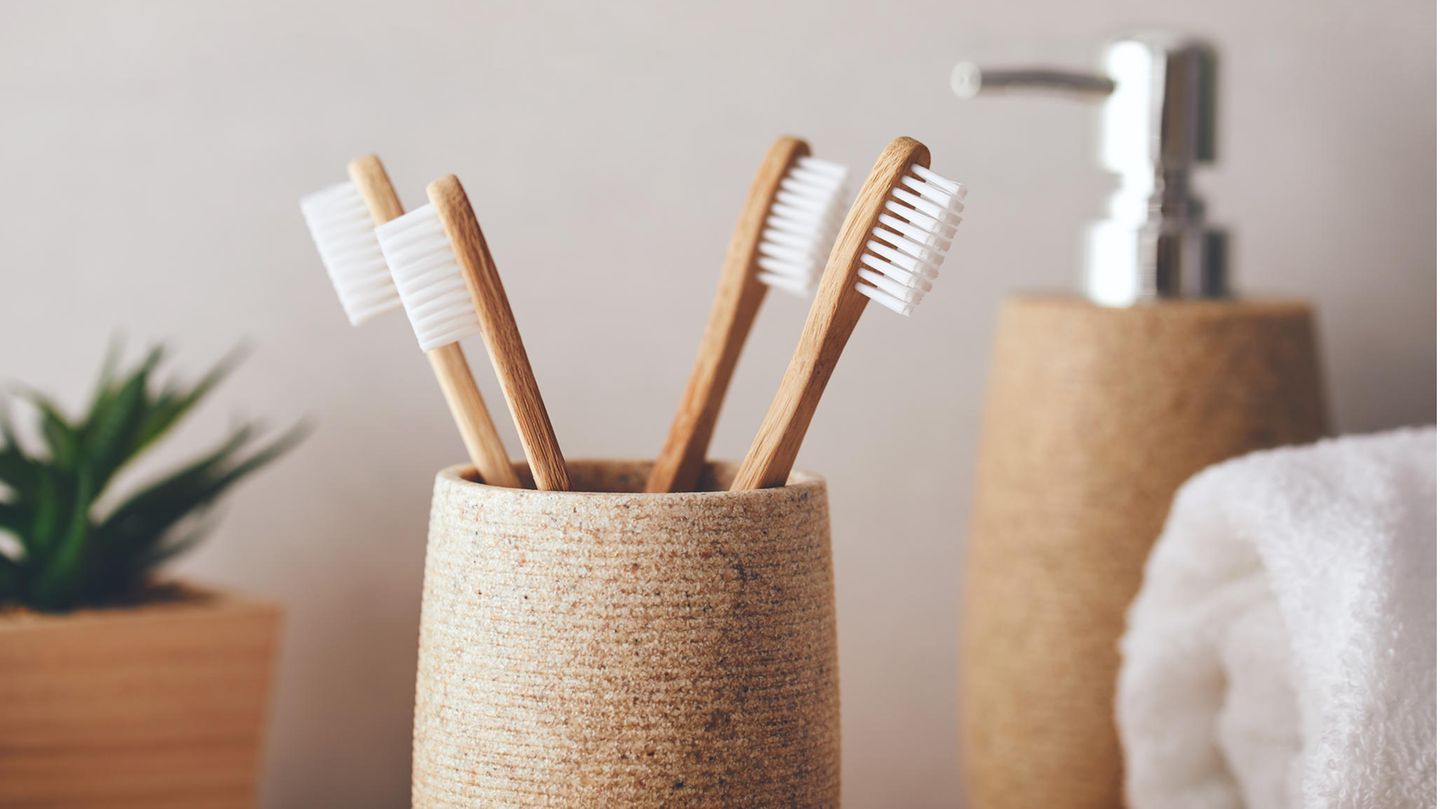I’m Caroline, a journalist and author for 24 Hours Worlds. I specialize in health-related news and stories, bringing real-world impact to readers across the globe. With my experience in journalism and writing in both print and online formats, I strive to provide reliable information that resonates with audiences from all walks of life.
Menu
Bamboo toothbrush in comparison: 4 sustainable alternatives
Categories
Most Read
Beauty Advent Calendar 2025: These cosmetic calendars are worth it
October 15, 2025
No Comments
Wash your hands properly: You should know these facts and myths
October 15, 2025
No Comments
Shaping your eyebrows: This is how you give your face more expression
October 14, 2025
No Comments
Happiness Research: Are Young Adults Unhappier Than Before?
October 14, 2025
No Comments
Assets: How to Protect Grandma’s House and Belongings
October 13, 2025
No Comments
Latest Posts

Donald Trump and Vladimir Putin will meet in Budapest to negotiate peace
October 16, 2025
No Comments
October 16, 2025 – 16:59 According to the American president, Thursday’s phone call with the Russian leader was “a big step forward.” The president of

Mother’s Day: how data can be the best gift for brands
October 16, 2025
No Comments
October 16, 2025 – 16:41 In the midst of a year with lower purchasing power and more cautious consumers, companies find this special date an

Construction costs exceeded 3% in September and reached their highest level of the year
October 16, 2025
No Comments
October 16, 2025 – 16:22 The increase was explained by the increase of 2.9% in “Materials”, 3.7% in “Labor” and 3% in “General expenses”. Artificial
24 Hours Worlds is a comprehensive source of instant world current affairs, offering up-to-the-minute coverage of breaking news and events from around the globe. With a team of experienced journalists and experts on hand 24/7.

